“I’ve read in the Press that it’s Organic September and its set me thinking about my own diet and how healthy (or not!) it is. I try to eat my ‘five-a-day’ although this doesn’t always happen. To be honest, I’m a fit and healthy (as far as I know) 35-year-old, and what I eat doesn’t seem to make any difference to how I feel. Therefore, I wanted to ask is it worth paying the premium price for organic produce?”
Clinical Nutritionist Suzie Sawyer answers:
That’s such a great question! Many people ask me about the benefits of eating organic. But before talking about organic produce itself, I wanted to touch on your other point. As a Nutritionist, whilst I see people who are very unwell, much of my work is about prevention.
Using diet as a preventative measure
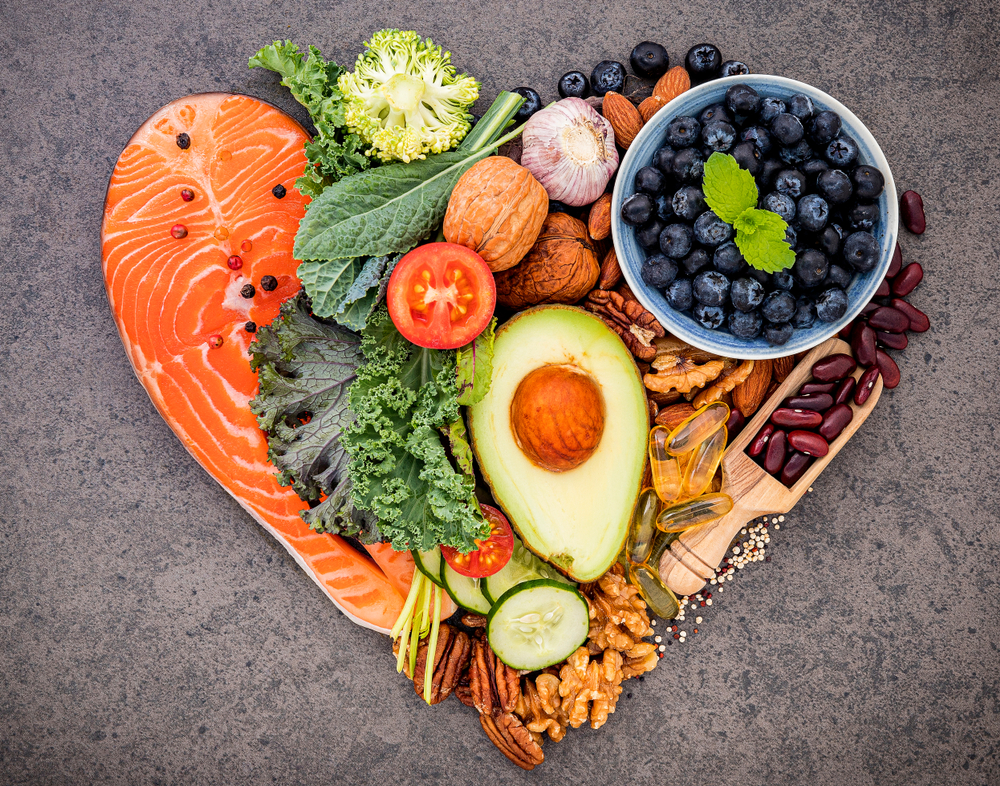
Obviously, none of us know what lies ahead from a health perspective, but what we do know from unequivocal research, is that keeping the body healthy at cellular level, and all the bits we can’t see, will really hold us in good stead for a healthy future. Unfortunately, women get a much rougher ride from a health perspective than men, with type 2 diabetes, dementia, bone disorders and hormonal disruptions, therefore, now is a great time to be really taking care of yourself.
What makes a food organic?
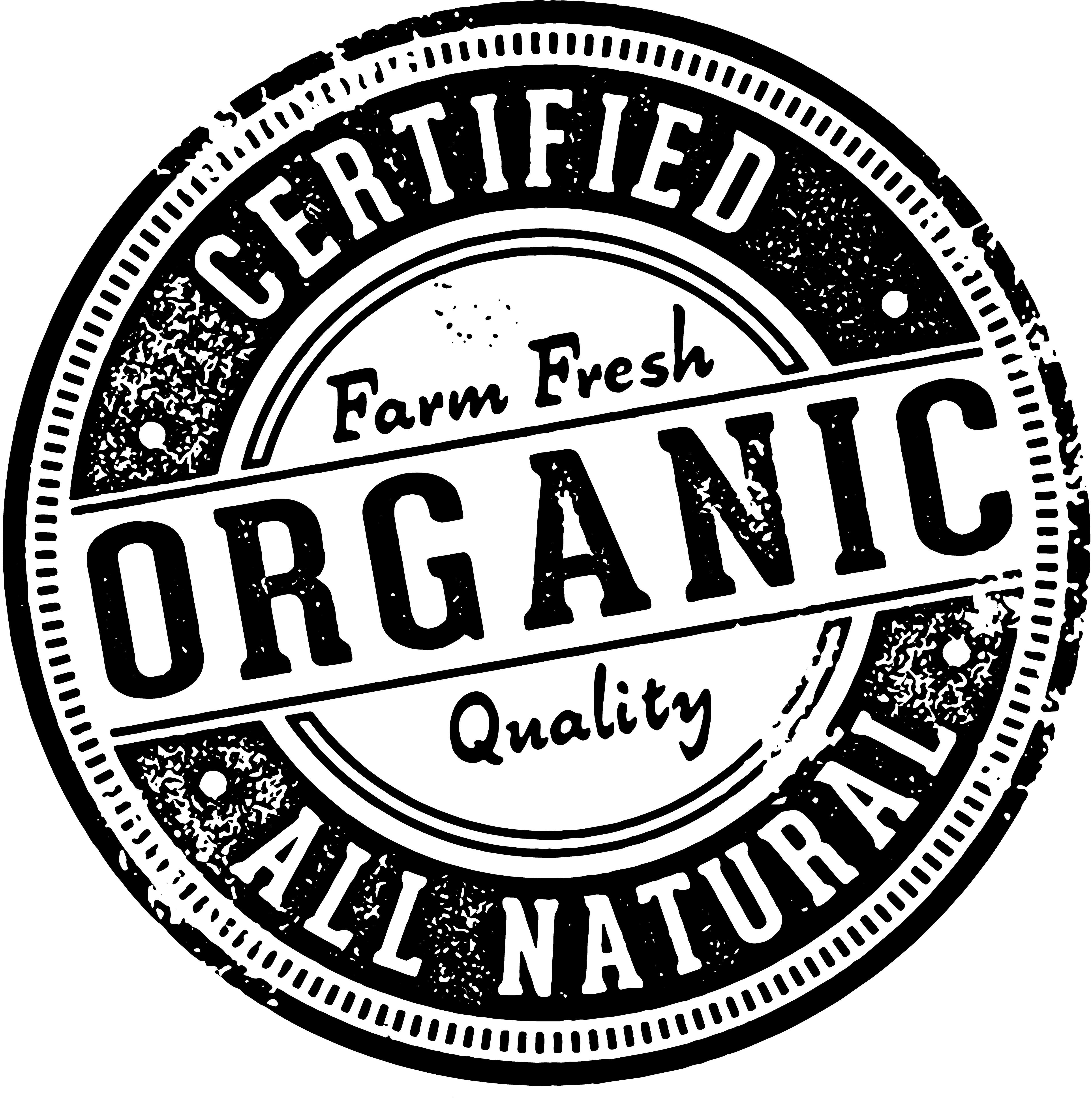
This leads me onto the question of ‘organic’. Essentially, organic foods are subjected to fewer pesticides, no artificial fertilisers, and animals raised organically benefit from higher welfare standards. If we take eggs as one example, a key difference with organic is the hens are not allowed to be routinely given antibiotics and are fed a non-GM diet. The hens are also fed omega-3 rich grains, which of course means the eggs contain these super healthy and essential fats too.
Anything that is fed to an animal or sprayed onto a crop will end up in the food chain and ultimately on our plate. With everything else the human body has to deal with in a day, detoxifying chemicals is certainly not going to promote optimal health.
Organic meat
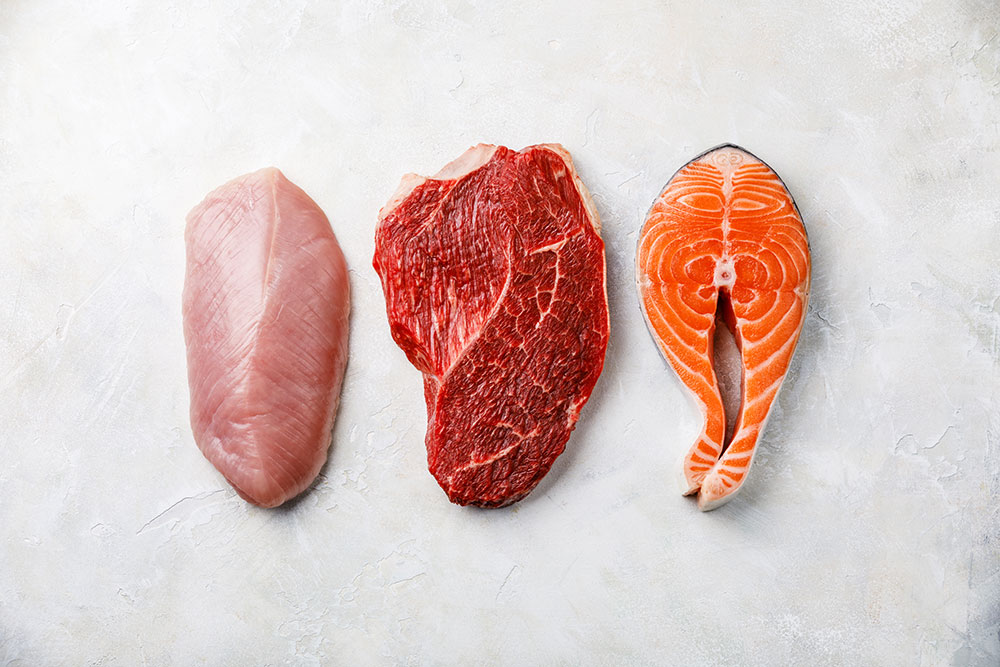
Regarding organic animals, they are able to ‘run-free’ in a much more normal and natural way than non-organic animals. This is especially true of chickens. Even free-range don’t enjoy the same levels of animal welfare. When an animal can be in a more natural environment, then it will naturally contain less fat, but will also have a much better and health-giving fatty acid profile overall.
Organic food and nutrition
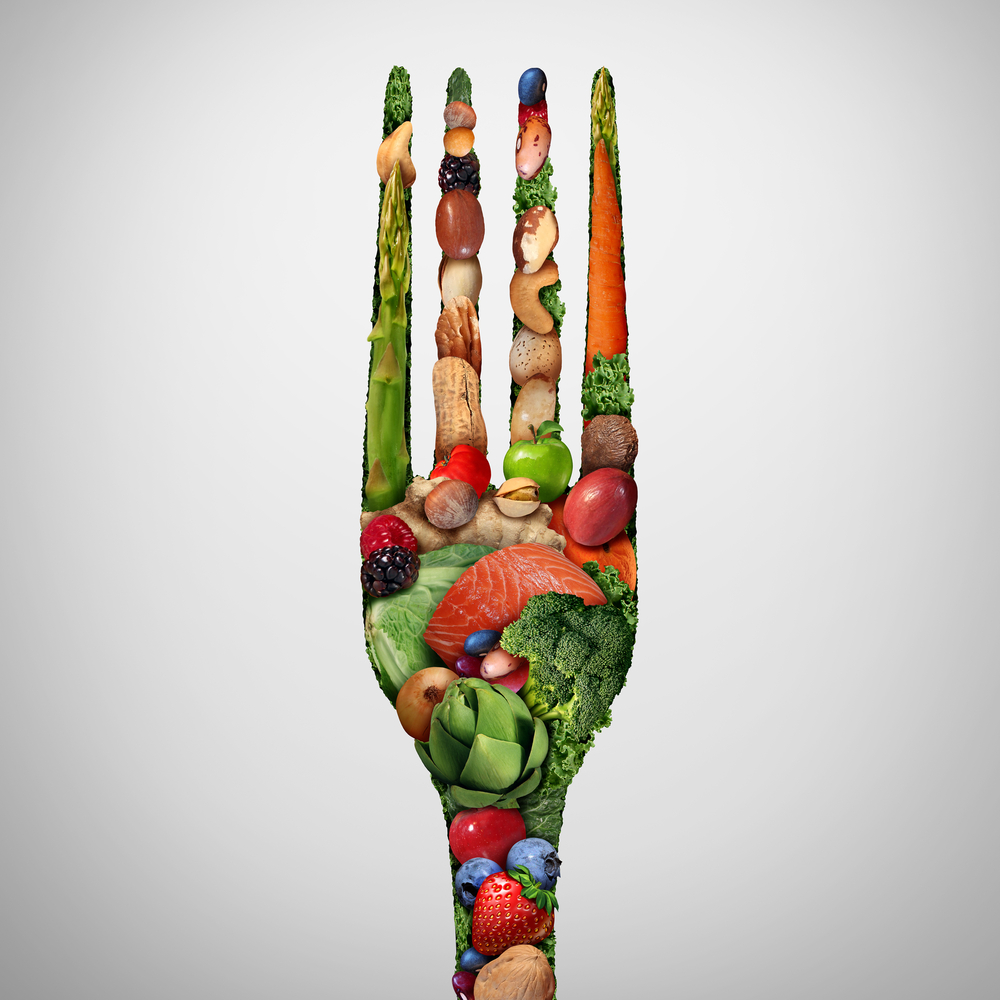
In terms of nutrient content, especially of plant-based produce, a plant has its own in-built protection systems against disease, just like humans. If they are treated with pesticides, these systems which include the production of antioxidants, are down regulated. Hence it has been found that organic berries and corn contain up to 58% more antioxidants and 52% more vitamin C, both essential for the immune system and protecting us against disease.
Non-organic foods and the impact on hormones
The other issue with chemicals used on produce, is that they are termed ‘xenoestrogens’, in other words, false oestrogens. These are hormone-disruptors for both men and women and may be one of the many reasons we are seeing a rise in hormonally driven cancers.
The environment
From an environmental perspective, having less chemicals in the atmosphere, improving the quality of groundwater and uprating soil quality is also a massive benefit with organic farming.
Obviously, it’s not always possible to find organic and it’s certainly tough on the purse at the moment with food budgets already stretched. My advice would be to include organic produce as much as you can and hopefully your good health will continue for many more years.

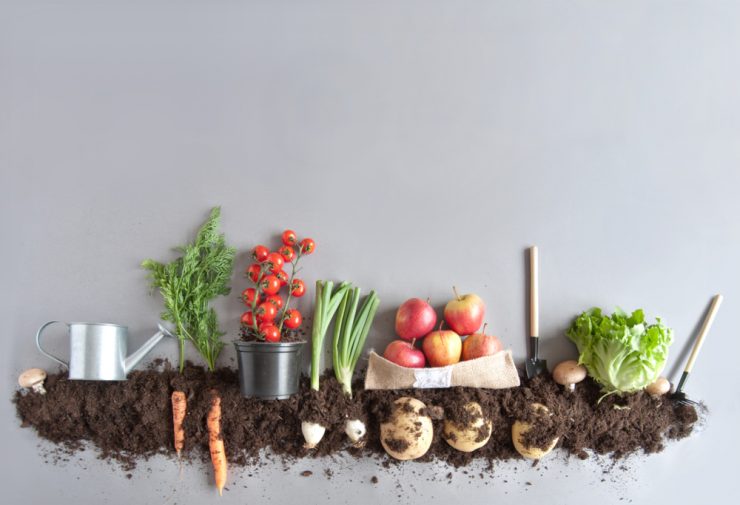






















Add comment